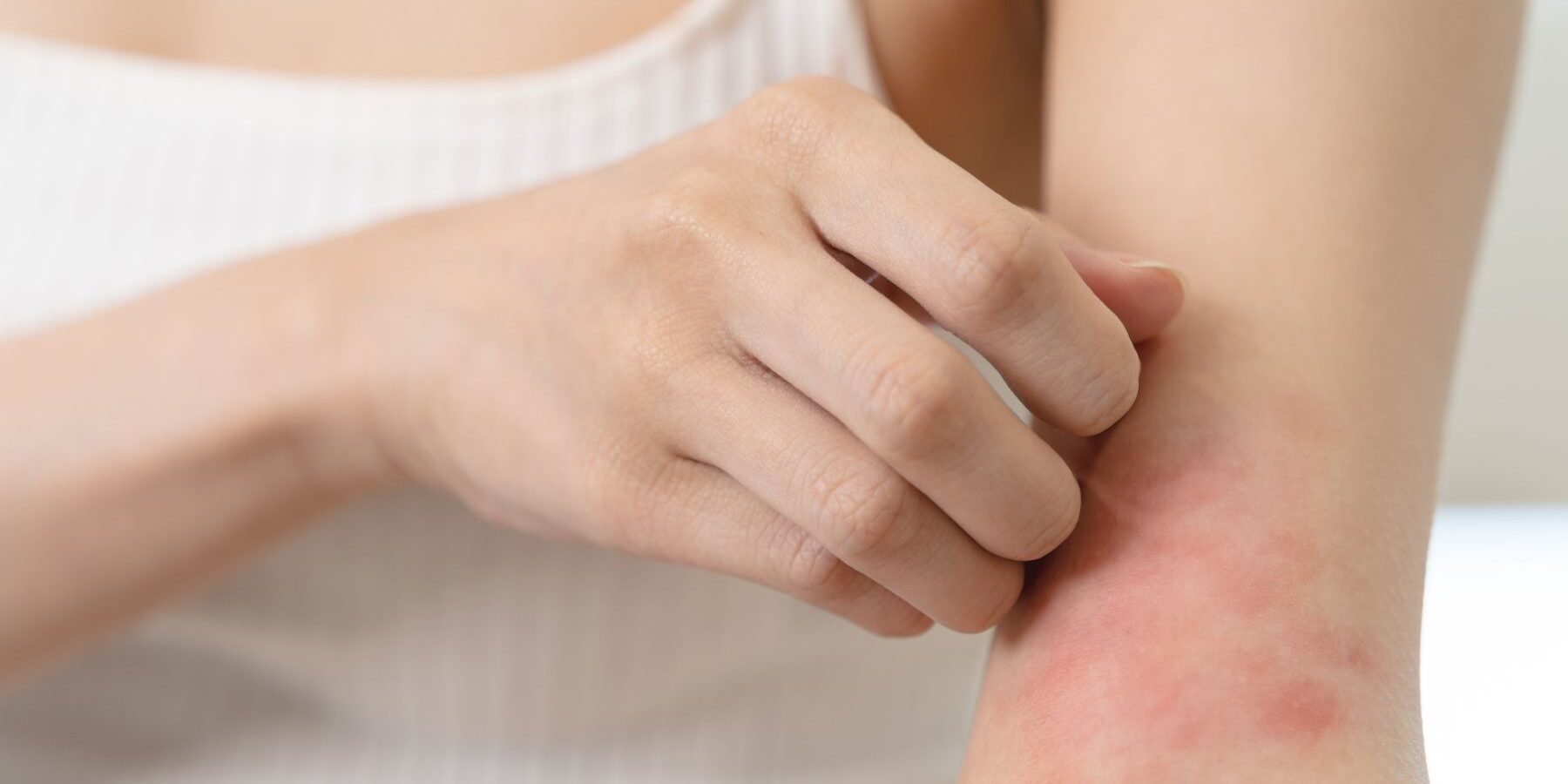Hello, my name is Stephen Green. I’m a consultant and diabetes, professor of Child Health at the London Diabetes Centre, London medical. And I look after children and their families with diabetes, also teenagers and young adults. Most of my patients are on insulin therapy, intensive insulin therapy. I do see one or two older teenagers young adults with what would be called type two diabetes. But mostly my practice consists of type one. And as you know this is all about looking after yourself with diabetes, giving regular injections of insulin either by insulin injections through the skin or possibly using an insulin pump, monitoring your diabetes with different forms of monitors and sensors. Thinking about your diet and thinking about exercise. And I appreciate this is a challenge for all, and here at London Medical we try and give as much advice and support we can to help people cope with their diabetes and get the best out of the treatment that they can.
Now it’s interesting times that we’re all in and the Coronavirus pandemic has caused a lot of concern about with the diabetes community both for health professionals, but particularly for people with diabetes, and there’s definitely been a worry that diabetes itself is a big risk factor for Coronavirus, COVID-19, not so much in the risk of getting the illness, but in the complications that you might get when you’ve got the viral infection. This has been well reported in the medical literature and in the media.
However, I think it’s fair to say that there’s now a lot of evidence that this really only is for the older population, and those with type two diabetes, and also in association with being a little bit overweight. And I think I’m pleased to say that for young people, children, teenagers and young adults who have type one diabetes, I think it’s now well established that there is no additional risk if you do get Coronavirus. For most people, young people who do get Coronavirus, with or without diabetes. It is a relatively mild illness, it’s a bad flu if you like, and doesn’t seem to lead on to the complications that you get in the older population. And certainly, for young people with diabetes, it also does not seem to have any worrying concerns in relation to the more severe developments that you get with Coronavirus. So this is obviously good news and reassuring.
However, obviously if you do get an infection with type one Diabetes, I’m sure that you’re all aware that this can actually cause difficulties with the diabetes. It can throw the diabetes out of rhythm, out of step and you have to take quite a considerable amount of precautions and further interest in your diabetes to get through any illness, and this would be the same with Coronavirus. We often call the Sick Day rules, and a good shorthand for that would be taking the words Sick. So what do you have to do when you get an illness such as a temperature a bit of a cough or cold feeling on well fluid off your food, maybe even vomiting a little bit. So all these are classic symptoms of any viral infection, and similarly, Coronavirus. So what would you do on your sick day rules?
Well, first of all, you think about the S which is the Sugar, you need to watch your sugar levels. And bit confusingly, having infections sometimes can make your sugars go high, or sometimes it can make your blood sugars go low. So particularly if you’re not eating, if you’re vomiting, then hypoglycemia is something that that you have to think about. And contrary to that, you can have high levels of glucose where the sugar is going out and you might have to think about giving more insulin. So you need to watch your blood glucose levels during this time, perhaps do more monitoring than you’re used to. And think about what those levels mean.
The in SICK stands for insulin, and you therefore have to think about what different things you should do when you’ve got an infection with your insulin dose. Most important thing is that you don’t stop your insulin. Even if you’re off your food completely, you need your basal insulin. So if you’re on basal insulin injections, it’s a good idea to keep your basal insulin going. And then you need to monitor whether you need extra insulin. When you see what your blood glucose levels are, you might want to give occasional shots or shot acting insulin if it’s rising. Obviously, if you’re tending to go low, then you wouldn’t give that insulin.
Similarly on a pump, you may want to alter your basal rate or putting it up a little bit If you’ve got high sugars or bringing it down to touch 10%, 20% if you think you’re getting hypo or low sugars and not eating. So the combination of measuring your blood glucose and adjusting your insulin is very important for managing infections.
The C for SICK stands for your calories. What do you do about calories? Well, often when you’re ill and not feeling well, classically would be the case in Coronavirus. You may not want to eat but you must keep up your fluids. Small amounts often is the catch phrase, sips here and there, any sorts of fluid. If you want to, you can have sugar containing fluids, but you therefore need to watch what your blood glucose is doing when you’re taking those. As I say, interestingly, if you’re not eating, that doesn’t matter too much you therefore don’t have to give bolus shots of insulin to cover the food. But remember, keep up your basal insulin.
And finally, the K for SICK stands for ketones. And you need to monitor those either with urine or preferably blood. And basically, you want to keep ketone free. If your ketones are rising, and certainly if you get above 1.0 millimoles per litre, then you really have to think carefully about what you should do about that. And certainly a rising ketone levels of the above that level, I would suggest that you ring your diabetes team, if you’re feeling on well with high ketones, high blood glucose, and I think you probably not only should ring your diabetes team, but think about going to the emergency station, accident emergency at the local hospital. Diabetic ketoacidosis is that worry, doesn’t happen very often it’s not to be expected when you get coughs and colds. It may be a little bit More commentary if you’ve got a nasty infection like Coronavirus, but watching your blood glucose, watching your insulin, watching your fluid intake, you should be able to keep on top of the development of ketones, but if you are getting high levels of ketones, then you need to seek help as soon as possible.
So to summarize the overall message about Coronavirus for young people with type one diabetes on insulin therapy is really good. It’s not a major risk factor. But it is an illness which can cause problems with your diabetes. And you have to manage that as you would do with any illness with a sick day rules.
Here at London medical we can offer advice with that through our physicians and our specialist nurses and our dieticians and we’d be happy to speak to you at any time on that. our phone number is, let me just check on that now is 08000483330, so I’ll repeat that 08000483330. And you could get information about diabetes on www.Londonmedical.co.uk website.
So difficult times for all. Keep safe. What’s very important is that as anybody, irrespective whether you’re diabetes or not you keep the same suggestions and rules and advice that we would do about Coronavirus. Keep your distance physically from people. Wear a mask where it’s relevant. Wash your hands regularly with soap and water. And obviously, if it’s possible, stay away from any crowded developments to keep yourself safe and to keep your family safe.
I wish you all the best at this difficult time. Please don’t hesitate to consult us here at London medical for further advice. Thank you. Bye.
Search treatments & services A-Z
Search for a specific treatment or service.


